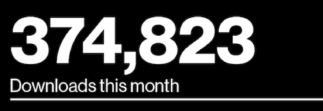
by Ilonka Hebels, licensed under under CC-BY-NC-SA 2.0
Massive open online courses, or MOOCs, appear to be thriving. Want to hear about the “violent universe” from faculty at the Australian National University? Or take an introductory class on the music business from the renowned Berklee College of Music? These and hundreds of other courses have been offered on platforms like edX, Coursera, or Udacity in the two-and-a-half years since edX ran one of the first MOOCs out of MIT. Enticed by personal or professional edification, as well as the by the cost (free), thousands of people worldwide have signed up for online classes.
But are MOOC students learning anything?
This question has been little explored in the online teaching arena. Now, researchers including MIT physics professor David Pritchard, have published a study showing “substantial learning” in an edX MOOC. Using pretest and posttest questions, as well as analyzing homework and test results throughout the course, the researchers found that online students improved as well as or better than those in previously studied traditional classes.
Explore Professor Pritchard’s research in the Open Access Articles collection in DSpace@MIT, where it is openly accessible to the world.
Since the MIT faculty established their Open Access Policy in March 2009 they have made thousands of research papers freely available to the world via DSpace@MIT. To highlight that research, we’re offering a series of blog posts that link news stories about scholars’ work to their open access papers in DSpace.


